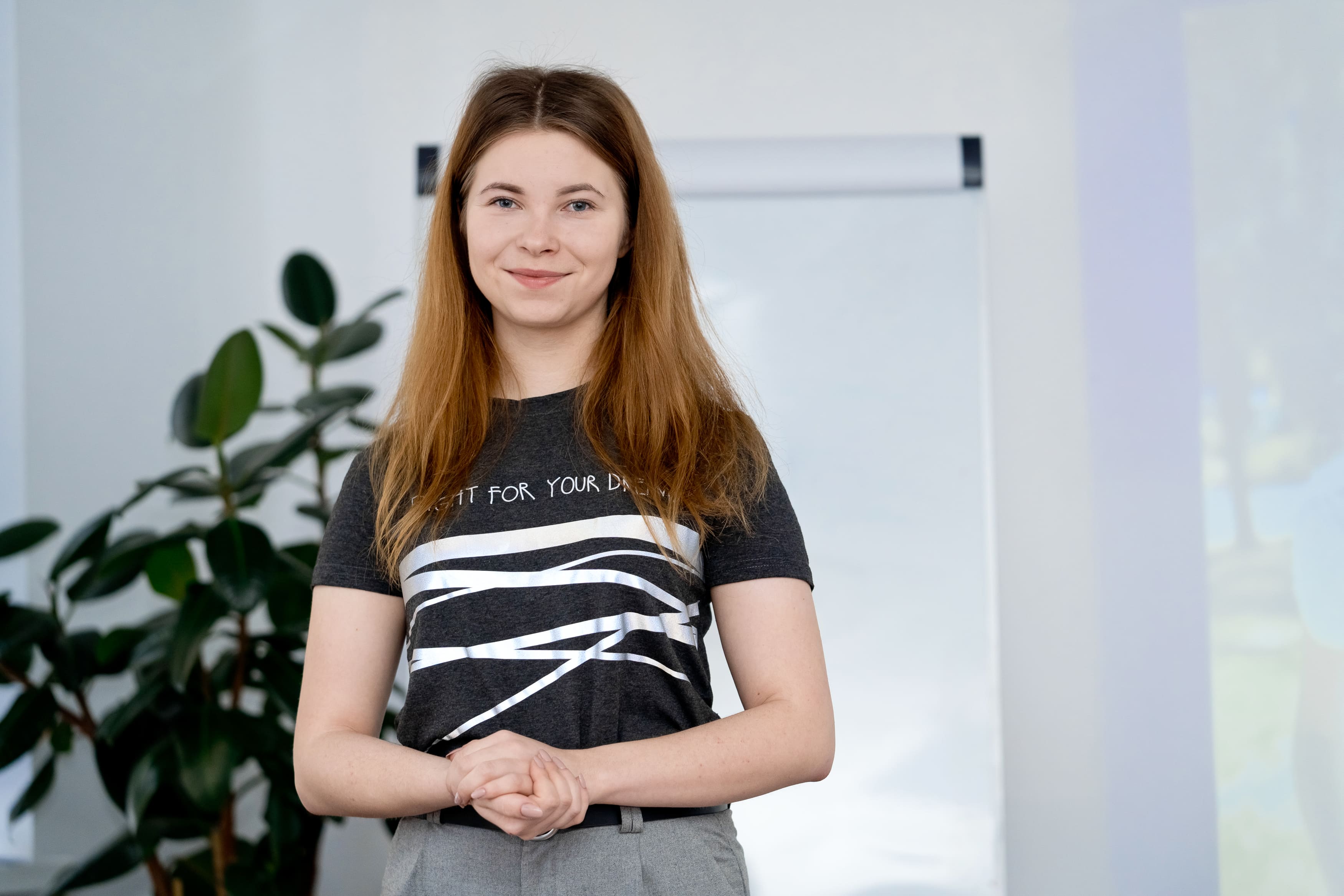#history 2020 About lifelong philanthropy
19 June 2020 · 3 minutes reading
Interview with Dmytro Samarsky, coordinator of educational projects at the Friends of the Children charity foundation
I am a social educator by profession. When I was a student, I was already looking for volunteer opportunities in this sector because I wanted to learn practical skills rather than study theory. Since the 2000s, I have been constantly involved in the implementation of social projects, worked in social services for young people in Kyiv, and now I coordinate the educational program at the Children's Friends Foundation.
There are a lot of challenges in the field of charity, especially the lack of understanding in our society of the whole essence of charitable activities. Sometimes we encounter situations when people call and say: "I have something that I don't need, and you can come and take it away and give it to orphans." For most people, charity consists only in this. That is, there is no understanding of charity programs that help people cope with life situations.
People do not see the long-term consequences of charity, but act in the moment. Pseudo-charity is widespread in Ukraine, when various companies help one-time. For them, the first priority is not the impact of their assistance on society, but the opportunity to write about it in the media and take photos. In fact, this is fake charity that does nothing but harm. Therefore, the challenge faced by some charity workers is to explain the impact of their activities clearly. This is important because nowadays, if a person makes a charitable donation, they want the money to buy ice cream for a child who will smile. Sometimes it is difficult for people to see the long-term goal of a project or program.
To introduce certain changes in the culture of charity and in the activities of this sector in Ukraine, we need to constantly learn. During the quarantine period, I personally managed to take three courses. Two were organized by international organizations on project management and youth work, and the third was on transparency and accountability at ProCharity. The latter project was an opportunity for me to learn more about the work of Ukrainian charitable organizations, to learn something new from their experience, and then to implement it in my own activities. It was also interesting to analyze the values of different organizations.
The knowledge I gained will definitely come in handy, as our foundation is planning to implement several educational projects soon. This will be a good opportunity to use the knowledge from the online courses and organize the work in a way that makes the projects more effective for the participants. Therefore, I am grateful to the Klitschko Foundation for the opportunity to learn and improve in my profession.






















